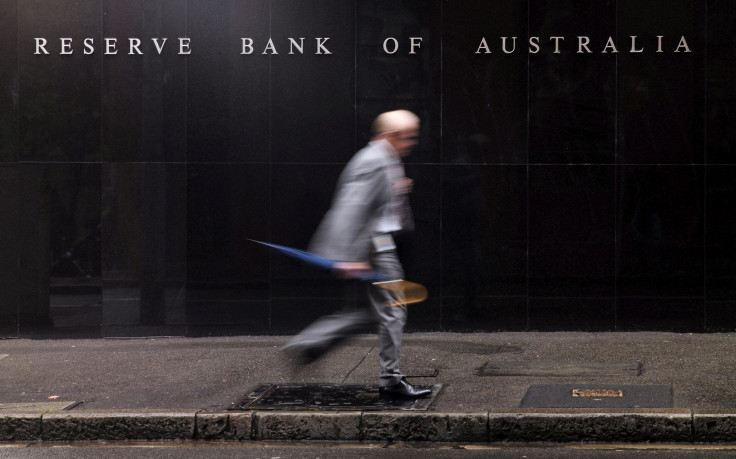RBA leaves cash rate unmoved at 1.75%

The Reserve Bank of Australia has left the cash rate unchanged at 1.75 percent for a second month. Its board members said the winning Brexit vote in UK’s EU referendum last month is not expected to hurt Australia.
In a statement released on Tuesday, the RBA said the Board took account of how the global and Australian economies are performing, judging that it was prudent to hold the monetary policy steady.
“Financial markets have been volatile recently as investors have re-priced assets after the UK referendum. But most markets have continued to function effectively. Funding costs for high-quality borrowers remain low and, globally, monetary policy remains remarkably accommodative. Any effects of the referendum outcome on global economic activity remain to be seen and, outside the effects on the UK economy itself, may be hard to discern,” Glenn Stevens, governor of the RBA, said in a statement.
He ended with, “Over the period ahead, further information should allow the Board to refine its assessment of the outlook for growth and inflation and to make any adjustment to the stance of policy that may be appropriate.”
The statement points to a possible cut to rates in August should prices remain weak in July. CPI inflation data from the Australian Bureau of Statistics is due on July 27.
Although the decision was highly anticipated by financial markets, economists have noted the lack of explicit easing bias and absence of the state of Australian federal election in RBA’s statement. It has mentioned Brexit, but it has appeared to downplay its effects.
“Interestingly, there was no focus at all on Australian politics and the central bank downplayed the impact of the UK referendum, at least in the view that it was hard to ascertain the effects of the vote on economics outside of the UK,” Chris Weston, chief market strategist of IG Markets, said.
Paul Dales of Capital Economics said that the RBA has implied that the economic outlook has not changed by leaving the interest rate the same and waiting for the Q2 CPI release before it can make any decision for August rate. “Even so, we think that the weak outlook for inflation will prompt the RBA to cut rates to 1.5 percent in August and eventually to 1.0 percent next year,” he said.






